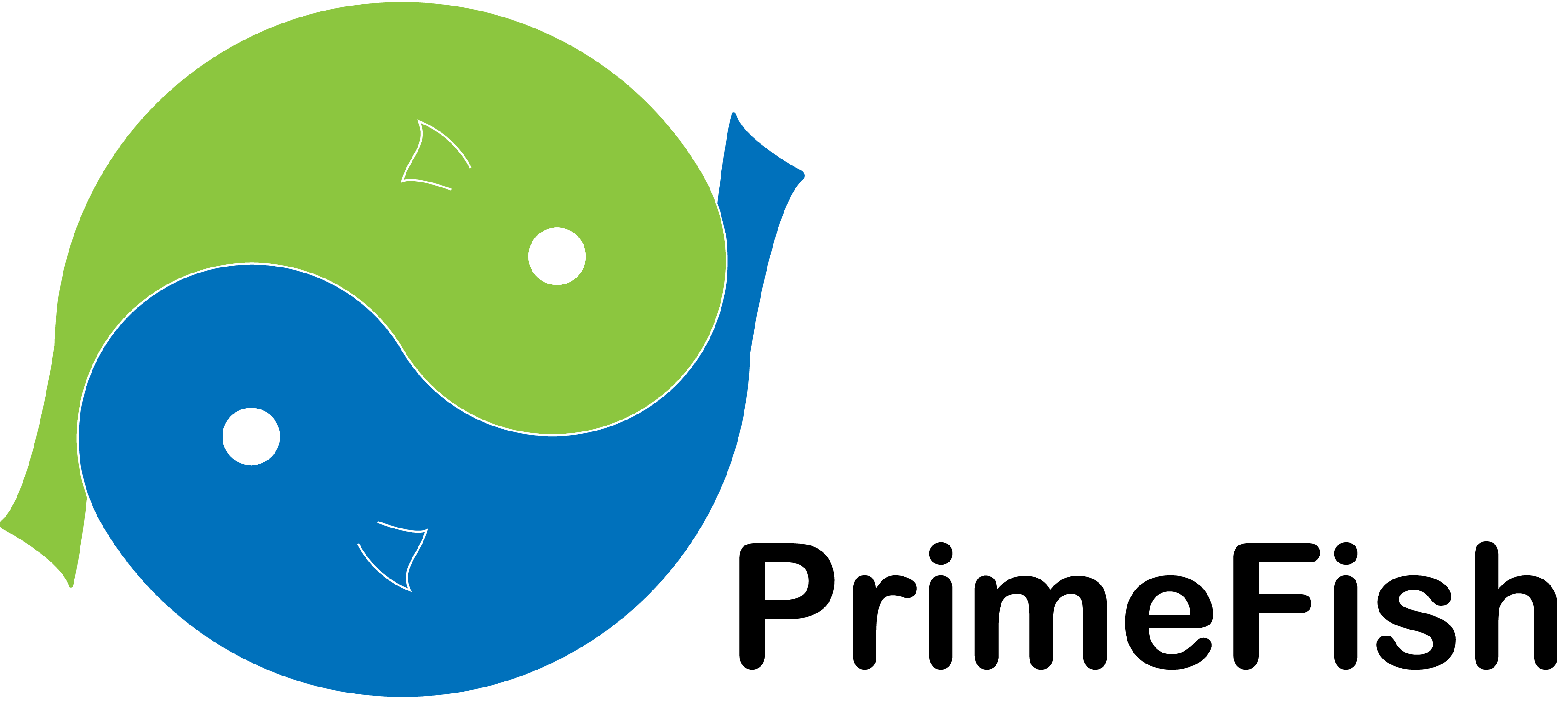MemU

The Fisheries and Marine Institute of Memorial University of Newfoundland is dedicated to education, training, applied research and industrial support of fisheries and maritime sectors. The Institute currently has three schools: the School of Fisheries, the School of Maritime Studies and the School of Ocean Technology. Within these Schools are specialized Centres which provide training and research and development support to industrial clients. The School of Fisheries houses the Centre for Aquaculture and Seafood Development (CASD) and the Centre for Sustainable Aquatic Resources (CSAR) and the Centre for Fisheries Ecosystems Research (CFER). The mandate of CASD and CSAR is to promote the economic development of the fisheries and aquaculture sectors through industrially relevant and applied research, whereas CFER’s mandate is to better understand fish stocks and marine ecosystem productivity through fisheries research.
The School of Fisheries has completed more than 2000 projects locally, nationally, and internationally in support of the fisheries and aquaculture sectors. Fisheries-based projects have been diverse and have included research on emerging fisheries, sustainable fisheries, gear technology, fisheries-based training, post-harvest processing, marine bioprocessing, education and training and community development. Projects have ranged from small-client centered research to large-scale, multi-year strategic initiatives. Collectively, these projects demonstrate extensive experience, a broad understanding of fisheries issues and insight into the challenges and opportunities facing the industry.
Overall the School employs more than 80 full time scientists, faculty research and technical personnel engaged in education, training and research and it manages 10 academic programs at the diploma, degree and masters level. In the most recent fiscal year the school led approximately 100 applied research initiatives with industry and government agencies at a total research value of approximately $7.4 million CAN. It was also responsible for the delivery of industrial training programs to more than 1000 industry participants. The Canadian Centre for Fisheries Innovation is a not-for-profit corporation owned by Memorial University with a mandate to facilitate access by the aquaculture, harvesting, and processing sectors to the capabilities provided by the people and facilities of the University and other academic institutions. CCFI works with industry to understand its opportunities and needs, creates projects around them that draw on institutional capabilities, and provides assistance with financing and management of the projects. In doing so, CCFI also works closely with the Marine Institute and other organizations in doing both short-term problem-solving assignments and longer-term commercially-focused research and development.
Nha Trang University
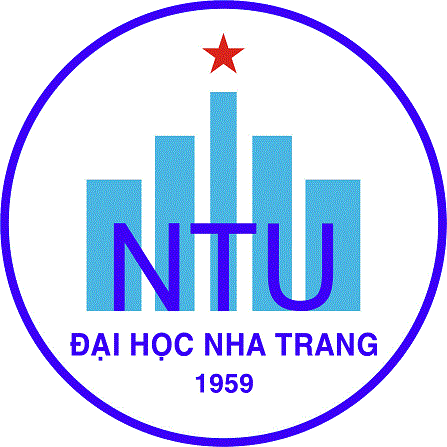
Nha Trang University (NTU), a former name as Nha Trang Fisheries University, is an oldest and specialized institute in Vietnam has research and education in fisheries and aquaculture. With more than half a century of history, NTU has become a prestigious multi-disciplinary and multi-level institution with a strong foundation of fisheries and aquaculture. It has been and continues to be a leading university in the field of fisheries and aquaculture science at the national level, playing a significant role both in driving the development of marine economy in Vietnam and generating the necessary human resources that can accommodate the inevitable integration process of the nation. Economic Faculty is the one of core units of NTU focusing on education and research in fisheries and aquaculture economics and management, marketing and trading management, and tourism management. The Faculty consists 5 departments and enrols 58 members (staffs, lecturer and researchers). The Economic Faculty has a strong group of experts in fisheries and aquaculture that have got educations from developed countries (e.g., USA, Norway, Denmark, and France). The Faculty currently has about 150 undergraduate and 500 postgraduate students. The key research areas include economics of fisheries and aquaculture, food marketing, agriculture development, tourism management, and industrial management.
University of Stirling
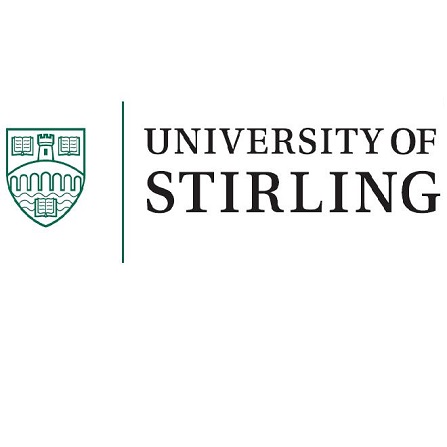
The Institute of Aquaculture at the University of Stirling is internationally recognized as one of the leading global centres of excellence in the field of aquaculture and fisheries science with over 75 staff, 80 PhD students and 45 MSc students. Core research areas are in sustainable aquaculture development and practice; aquatic animal health and welfare; nutrition, genetics and reproduction. There are also closely linked groups on aquatic food security and marine biotechnology. Staff of the Institute have extensive experience of coordinating and participating in EU research projects with recent examples including SEAT (FP7), PROteINSECT (FP7), ARRAINA (FP7), SALMOTRIP (FP7), AqASEM09 (FP7), and AQUAEXCEL (FP7). The Institute of Aquaculture has also coordinated significant knowledge networks such as AQUA-TNET (LLP) and SARNISSA (FP7). Involved staff have also been closely involved in the Institute of Aquaculture’s consultancy activities including sector and market studies for the European Commission and European Parliament.
University of Tromsø
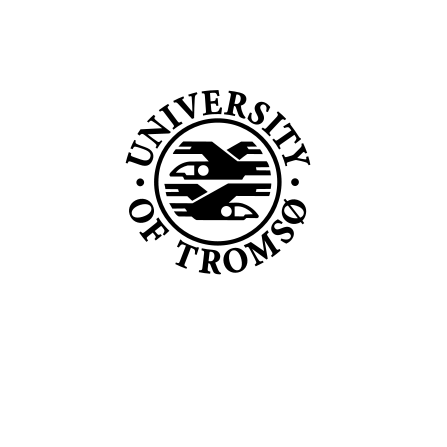
The Norwegian College of Fisheries Science (NFH), which is an institute at the Faculty of Biosciences, Fisheries and Economics at the University of Tromsø, Norway, is responsible for development of scientific knowledge within all areas of marine research in Norway. NFH has systematically developed competence, facilities and equipment related to marine and fishery biology, including population structure and dynamics. During the last 30 years NFH also has developed knowledge in bio-economic modelling during the more recent year knowledge about ecosystem services and their valuation. Teaching and research is primarily focused on the fields of biological oceanography, fisheries biology, assessment, resource management and marine governance and aquaculture. The faculty hosts competence in multidisciplinary studies and in implementing results.
Relevant projects Researchers affiliated to the Norwegian College of Fisheries Science have taken part in several research projects, both at national, EU and other international level. Especially relevant experiences for PrimeFish is the participation in the EU financed projects MEFEPO (Making European Ecosystem Fisheries Plans Operationable), which describes in detail selected European fisheries in terms of biological and societal/economic characteristics. In turn this is used as input in the discussion of how the fisheries may meet requirements for European fisheries activities as stated in the CFP (Common Fisheries Policy) and the Marine Strategy Framework Directive (MSFD). In the projects CoralFish, financed by the EU, and CoralValue, financed by the Norwegian research Council the main tasks concern assessment of deep sea resources (corals) and their importance for commercial fish stocks. The latter encompass a valuation survey of the willingness to pay for protecting cold water corals, although this may hamper fisheries activities. In the project RecreationValue, financed by the Norwegian research Council, private (non-market) recreational services in the coastal zone, which may conflict with marine industrial activities, are assessed and valued.
NOFIMA
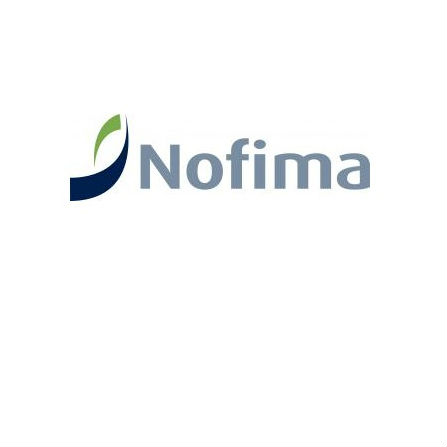
Nofima is the fusion of various Norwegian food research institutes and covers all food sectors and links in the value chain. Nofima is Europe’s largest institute for applied research within the fields of fisheries, aquaculture and food. The research group involved in PrimeFish are from the department of industrial economics and strategic management and have extensive international experience from relevant projects the food and seafood sector, and carries out RTD related to economics, marketing, logistics, rationalisation, decision support and traceability, particularly of seafood products. Nofima has led and participated in numerous international projects and initiatives, and has had a central role in international standardisation activities, especially related to traceability and development of sector-specific ontologies, good-practice guides, methodologies and tools.
Kontali Analyse AS

Kontali Analyse AS is a private, independent research company specializing in sector analysis within the global aquaculture and fisheries industry. Kontali Analyse was founded in 1993, and has since then developed to become one of the world’s leading providers of statistics and analysis for the seafood sector. The core area of expertise has always been within the salmon segment, but for the past 10 years, several new areas have been incorporated in the coverage of Kontali Analyse. Regular surveillance of the pelagic sector, including the fishmeal/-oil sector is in place. And lately the focus has been expanded into the whitefish fisheries (groundfish) sector, including also a strengthening of the data- and analysis capacity on seabass/seabream, and other whitefish species in aquaculture, i.e. the larger commercial clusters in Asia and Latin America.
The work of Kontali Analyse is founded on professional expertise and comprehensive information storage and retrieval systems, which form the basis for their databases. The management of this data involves regular contact with more than 150 sources, in more than 40 countries. The harmonization of product codes and categories, and the application of weight conversion factors for processed products is an important task in updating and amending databases for an easy extraction of information. In addition, strong ties to key industry leaders and important seafood companies have been established, both through the wide range of subscriptions and the associated consultations between Kontali Analyse employees and the readers on covered topics. Through numerous projects, speeches, and workshops, where Kontali Analyse has been engaged to provide information and analysis beyond the scope of ordinary reports, sector expertise is gained and maintained.
Kontali has and are, taking part in several projects of relevance for the current project such as European Market Observatory for fisheries and aquaculture products” (EUMOFA), Global Study – Pelagic Fish availability, (Pelagic Fish Forum), An Industry Handbook – Groundfish (Aker Seafoods; the largest Norwegian whitefish company), The potential for enhanced value creation in the Norwegian salmon industry (Norwegian Ministry of Fisheries and Coastal Affairs) and An investigation of the cost structure and international competitiveness of the salmon growing industry in Scotland (Scottish Executive, KPMG).
In addition to the competence carried into the partnership a major contribution from Kontali and benefit to the project is the systematically collected panel/sector data regarding production/catch, market (price and volume) and productivity (cost structure data) since long for salmon and large trout (1992). For the other main species followed (cod, herring and bass and bream) similar information has been collected since early/mid 2000. In addition, Kontali has established advanced market and production models for the global salmon sector as well as production models for the Mediterranean sea bass and sea bream sector.
University of Pavia
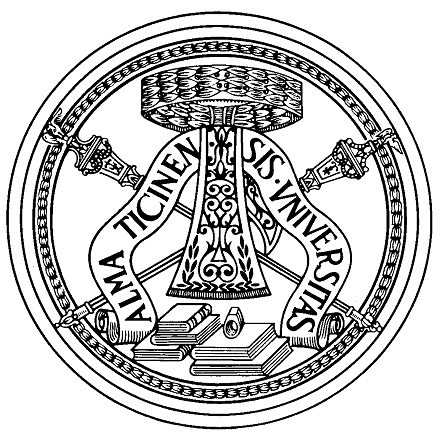
The University of Pavia (Italy), which has a centuries-old tradition of study, is considered both in Italy and abroad to be a university of excellence. The quality of education is guaranteed by ample equipment and services which are constantly being improved (didactic laboratories, computerised libraries etc.) and by the opportunities offered for the students’ cultural development. Fortunately, the University of Pavia does not suffer the overcrowding which penalizes other universities and thus can guarantee an excellent teacher-student ratio yielding very positive results on completion of the students’ professional training and placement outcomes. The University of Pavia enjoys a strong tradition of international student and teacher exchanges: together with the Universities of Bologna and Siena, it was the first to implement the ERASMUS programme for international students. As of today a multitude of agreements regard, among others, the historic universities of Coimbra, many European universities which participate in the Socrates-Erasmus project, some top American and Chinese universities and many others.
Using its numerous academic contacts that have been established over the years, UNIPV has been able to create a network of international collaborations which has led to prestigious recognition within international and national academia in both, teaching and research. According to recent Italian Rankings the University of Pavia is ranked 2nd among large public Universities. Research activities have recently gone through a National Research Assessment Exercise (called VQR and managed by an independent body, ANVUR): overall, the University of Pavia is one of the Top Ten Italian universities. The Department of Economics and Management ranked 3rd in research activities according to CENSIS. Likewise, their bachelor program is in the top five among the large Italian Universities. The Department also offers a doctoral program in Economics, Management and Technology (DREAMT) and two Master programs (International Business and Economics, Economics and International Finance) fully taught in English.
University of Parma
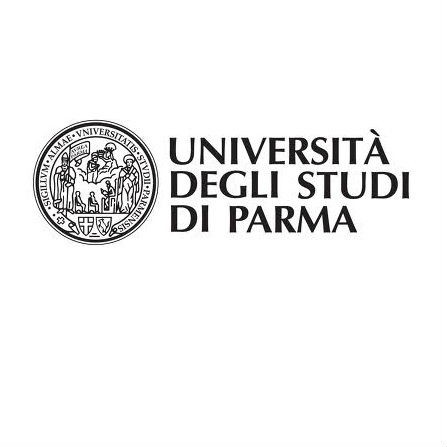
The University of Parma comprises three units, The Food Science Department, Unit of Agribusiness, and the Bioscience Department, that have experience in developing research in agribusiness system, economic analysis of food safety and quality standards with a supply chain perspective (e.g., GMO labelling, food traceability, etc.), and consumer behaviour analysis (e.g. consumers’ acceptance and attitude, willingness to pay, etc.). The Department of Economics, Statistical unit has developed methodological tools for robust data analysis with a broad range of application like marketing research, antifraud and finance. All methods have a companion library (FSDA) that runs into MATLAB, developed with collaborators from the Joint Research Centre of Ispra (ITALY).
HASKOLI ISLANDS
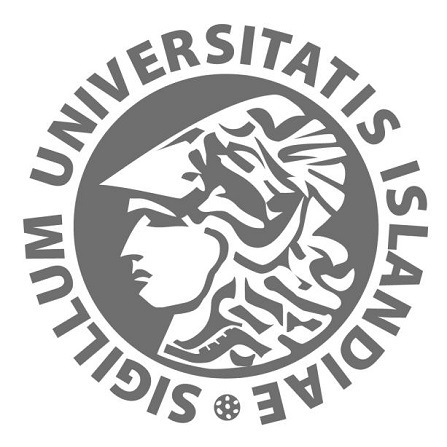
The School of Business (also known as the Faculty of Business Administration) is the largest business school in Iceland, and the largest faculty within the HASKOLI ISLANDS . There are currently around 700 students pursuing their studies at undergraduate level, 600 master level students and 15 PhD students. The faculty is composed of 30 full time academic staff, whereof 8 full professors, as well as 20 part-time lecturers, staff associated with the Institute of Business Research and office staff. Key research areas include management, marketing, innovation, creative industries, the economic crisis, human resource management and labour market issues.
MATIS
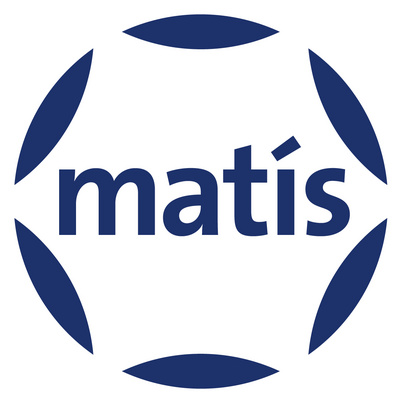
Matís is a governmentally owned, independent research company, founded in 2007 following the merger of three former public research institutes and the biotechnology company Prokaria. The company focuses on research and development in the area of food and biotechnology and provides consultation worldwide to companies in the food industry, especially in the marine sector. Matís is a well-known partner within global food and biotech R&D and has played a leading role in large international projects such as EcoFishMan (FP7), Whitefishmall (Nordic Innovation), Amylomics (FP7) and MareFrame (FP7) and has an ongoing fruitful cooperation with many of the largest food and ingredient companies in the world such as PepsiCo, Nestlé and Roquette.
TTZ Bremerhaven
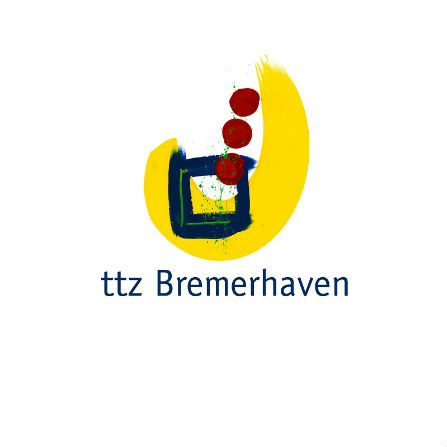
The Verein zur Förderung des Technologie-Transfers an der Hochschule Bremerhaven e.V. (TTZ) is a an independent non-profit organization providing market oriented R&D services to the business community, associations, ministries, district authorities and international organizations. Under the umbrella of ttz Bremerhaven, an international team of hundred experts is working in the areas of food, environment and health.
TTZ has a long success track record of over 20 years in working with traditional handicraft branches, such as gastronomy or the local fish industry in Bremerhaven, handicraft bakeries, equipment manufacturers etc. TTZ’s experience in the above topics has been built predominantly on a number of national and European projects where TTZ also acted frequently as project coordinator or coordination support. Since the year 2000, TTZ participated in 107 European projects of which 37 as coordinator. TTZ’S facilities offer 1.000 m2 laboratories and 1.000 m2 of food processing pilot plant, state-of-the-art wet-chemical and analytical laboratories, as well as an own sensory laboratory for suitable for sensory evaluation with expert panels and consumer testing for various product categories according to DIN/ISO standards.
University of Savoie
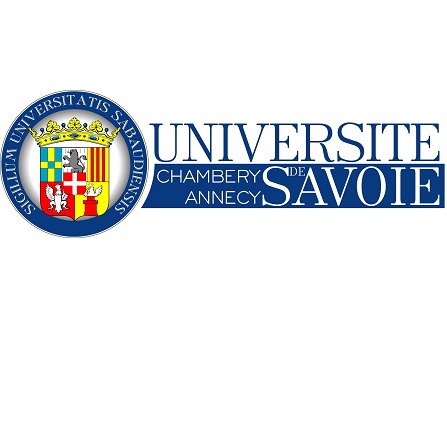
With 12,500 students, a rich variety of multidisciplinary education and 19 research laboratories with an international reputation, the University of Savoie is an establishment on a human scale which combines proximity with its territories, founder membership of the University of Grenoble PRES and a wide perspective on Europe and the world. The University of Savoie is a public University, primarily financed by the French State (78 % of the 2012 budget of 101 million €; the remaining amount coming from own revenues and third-party funds). It offers short courses (university diplomas in technology, university diplomas) and long courses (generalist, specialist or vocational first degrees (licences), masters degrees by research or vocational masters degrees, engineering diplomas and doctorates), in both first level and continuing education, on a sandwich basis or including validation of experience.
In support of research and education, the international aspect contributes to the identity, attractiveness, dynamism and general development of our establishment. The focus of the University of Savoie is, on the one hand to develop international projects, joint award qualifications, and programmes delivered in English, and on the other hand, wherever possible, to encourage mobility for students, lecturers and researchers as well as for administrative staff. Although present in 5 continents, with its 240 bilateral agreements, it has been able to take full advantage of its outstanding location on the borders of Switzerland and Italy to develop strong, special relationships with the higher education establishments of these two countries: Suisse Romande, Turin, Milan, the Aosta Valley a mixture of regions and university towns.
Latest Projects
Porto is incredibly especially extremely beautiful and fully responsive.
Lorem ipsum dolor sit amet, consectetur adipiscing elit. Fusce elementum, nulla vel pellentesque consequat, ante nulla hendrerit arcu, ac tincidunt mauris lacus sed leo. vamus suscipit molestie vestibulum.
Our Features
Customer Support
Lorem ipsum dolor sit amet, consectetur adip.
HTML5 / CSS3 / JS
Lorem ipsum dolor sit amet, adip.
500+ Google Fonts
Lorem ipsum dolor sit amet, consectetur adip.
Colors
Lorem ipsum dolor sit amet, consectetur adip.
Sliders
Lorem ipsum dolor sit amet, consectetur.
Icons
Lorem ipsum dolor sit amet, consectetur adip.
Buttons
Lorem ipsum dolor sit, consectetur adip.
Lightbox
Lorem sit amet, consectetur adip.
